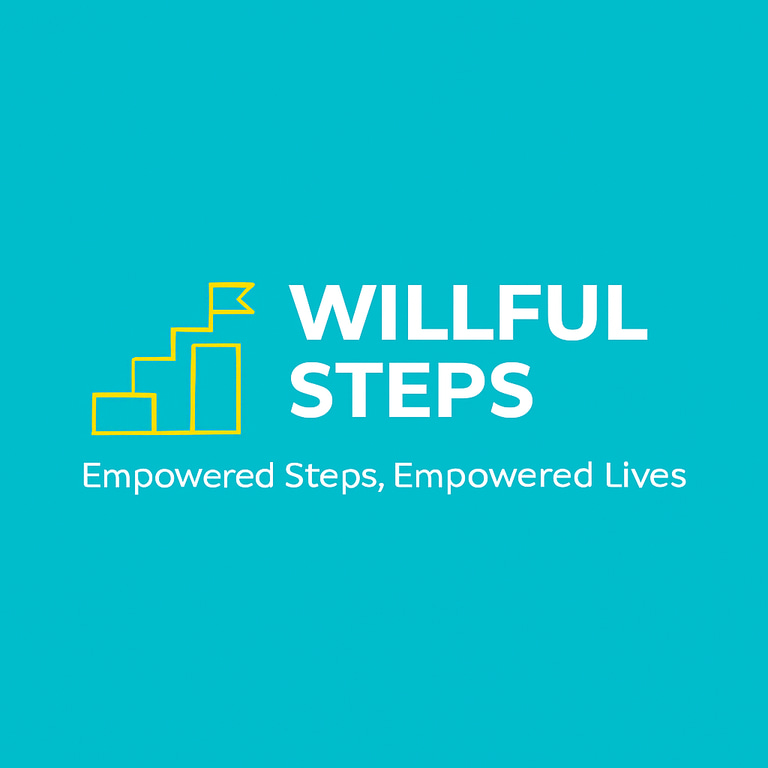Diagnosed and Disappointed: The Hidden Cost of ADHD Clinics and the Case for Coaching in Australia
The case for ADHD coaching
Michael J Perez
4/29/20252 min read


In recent years, Australia has seen a sharp increase in ADHD diagnoses, especially among adults. While this surge reflects overdue recognition of neurodiversity, it’s also exposed major flaws in how our system handles assessment and support — particularly the rise of psychiatrist-run ADHD clinics that charge thousands of dollars and often deliver little more than a rushed diagnosis and a prescription.
A System That Privileges Profit Over People
Accessing an ADHD diagnosis privately can cost between $1,500 and $3,000, with minimal rebates and often no ongoing support. A 2023 investigation by ABC News reported widespread concerns from patients who were misdiagnosed, over-medicated, or dismissed altogether by fast-turnaround clinics operating primarily via telehealth.
The process can feel more transactional than therapeutic, particularly when assessments are compressed into a single online session and treatment plans rely heavily on medication. This is especially problematic for women and marginalised communities, whose ADHD may present differently and go unrecognised under rigid diagnostic models.
Medication Isn’t the Only Option — Or Always the Right One
While stimulant medication can be life-changing for some, it isn’t suitable for everyone. Some people can’t tolerate it due to side effects, health conditions, or personal preferences. Others are wary of a system that seems to offer medication before (or instead of) practical, sustainable strategies.
This is where non-medical supports, like ADHD coaching, can make an extraordinary difference — and yet are rarely recommended as part of a holistic treatment plan.
Coaching: A Support That's Personal, Practical, and Empowering
ADHD coaching focuses on helping individuals understand their brain, identify strengths, and build day-to-day systems that work. It’s collaborative, non-judgemental, and solution-focused. For those who can’t or don’t want to take medication, it can be the bridge between diagnosis and actual change.
Coaching is especially effective for parents navigating ADHD in their children, adults facing work or executive function challenges, and those dealing with the frustration, shame or inconsistency that often accompanies the condition.
Unfortunately, ADHD coaching in Australia is still seen as “optional” or “alternative” — despite being evidence-informed and life-changing for many. In reality, it often fills the gaping hole left by under-resourced public services and inaccessible private psychiatrists.
We Need a More Balanced Approach
Australia’s ADHD system needs reform. We need faster and fairer access to diagnosis, better regulation of private clinics, and a treatment model that includes education, environmental support, therapy, and coaching — not just medication.
ADHD is not a disorder to be silenced, but a difference to be understood. We need more than scripts. We need options.
Willful Steps
Unlock the potential within your team, clients and community.
Focus
Thrive
michael@willfulsteps.com
0434 318 542
© 2025. All rights reserved.
DISCLAIMER
The information contained on this website and provided through our coaching and training services is for general informational and educational purposes only.
Not Professional Advice The content on this site does not constitute legal, financial, medical, psychological, human resources, or professional advice. Nothing on this website creates a coach-client relationship. Always seek the advice of qualified professionals regarding your specific circumstances.
No Guaranteed Results Individual results from coaching and training vary significantly based on personal circumstances, effort, and implementation. We do not guarantee specific outcomes, behavioural changes, career advancement, or organisational improvements.
Neurodiversity Information Information about neurodivergent conditions (ADHD, autism, dyslexia, etc.) is general in nature and not diagnostic. We do not provide medical diagnoses or treatment. Consult qualified medical professionals for assessment and treatment of neurodevelopmental conditions.
Workshop Content Our workshops and training materials are designed for educational purposes. Implementation of strategies discussed is at the discretion of participants and their organisations. We recommend consulting with HR professionals, occupational therapists, or medical practitioners when making workplace accommodations.
Third-Party Links This website may contain links to third-party websites. We are not responsible for the content, accuracy, or privacy practices of external sites.
Limitation of Liability To the maximum extent permitted by law, Willful Steps and its directors exclude all liability for any loss, damage, or expense arising from the use of or reliance on information contained on this website or provided through our services.
Copyright © 2026. All rights reserved. No part of this website or our materials may be reproduced without prior written permission.
Governing Law This disclaimer is governed by the laws of Western Australia, Australia.
Last updated: 01/01/2026
